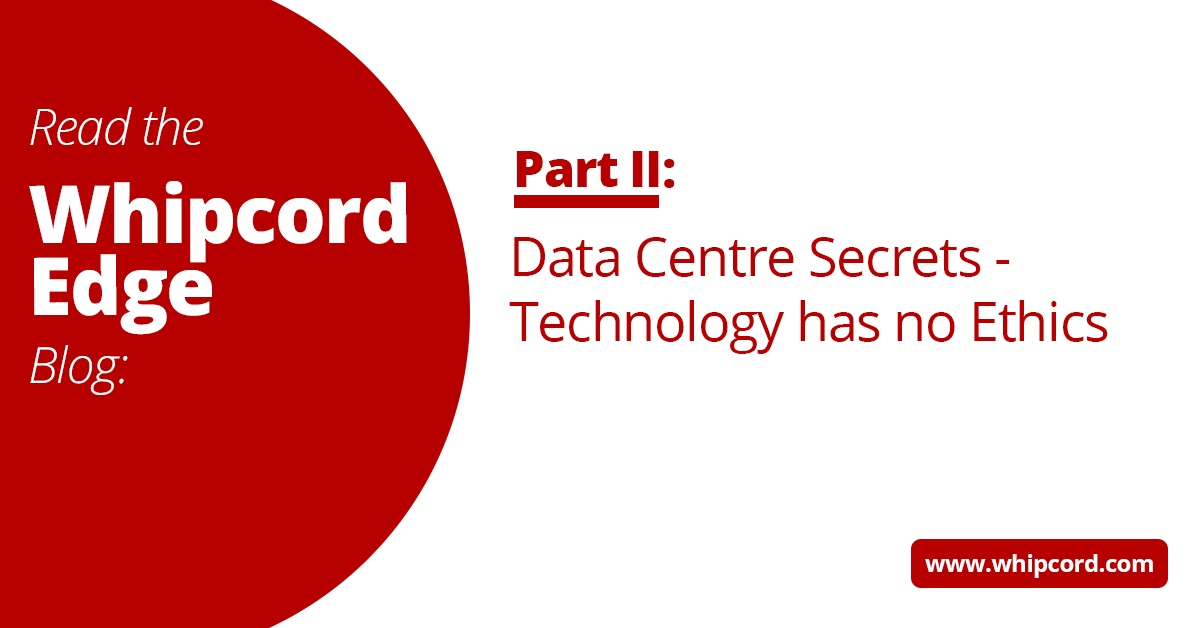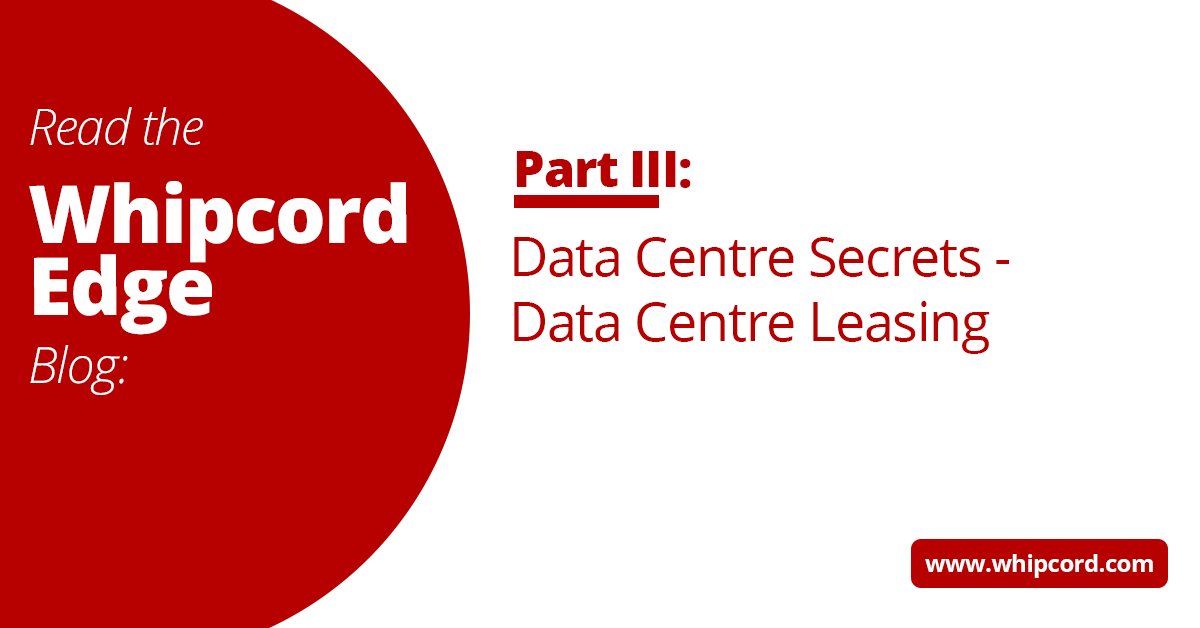Read some hopeful insightful regarding the data centre and cloud industry at large.
Given some recent examples in the news, we thought it appropriate to discuss the topic of ethics and why working with known data centre/cloud partners makes business sense and can reduce risk for your business.
Data Centre Colocation and Cloud infrastructure are tools to keep applications running – they have no soul – they provide an important function keeping business systems up and running. Like any tool, they can be used in questionable ways, and we have seen some recent examples of illegal or certainly unethical actions that caught many by surprise. In recent history we’ve had the Facebook Cambridge Analytical scandal whereby willful ignorance, or lack of concern, the platform may have been used to influence the last US election results.
In the 2019 Federal Election of Canada, there were reports of large sums of money spent on Facebook ads targeting profile demographics and delivering very specific advertisements.
If you are interested, look at this MacLeans article. Targeted marketing isn’t illegal, but think of how it was used by Cambridge Analytica…is it ethical? Should it be illegal? Not something we are going to solve in this blog post, but we are trying to make a point.
In Germany and Canada, data centre operations have been impacted by law enforcement – shut down either in full or in part due to the type of data they hosted. With regards to the German data centre shutdown, please refer here.
There was also a Canadian provider caught in the same web. We don’t want to trash local organizations, so we won’t provide links. If you are interested, with some web sleuthing, you can find out about that yourself.
We can reasonably assume that these data centres had regular business customers who were not aware of these activities, but we impacted, nonetheless. It begs the question
How well do you know your service provider and their moral compass?
Here are some things to consider and be aware of to try and protect your organization:
- During the sales engagement, do they really want to understand your business or are they just filling a sales quota?
- Will they provide an idea of their client base and are they company you would like to keep?
- Can they provide reference customers for you to call on?
- Will they share a version of their Acceptable Use Policy for you to review?
- Are their AUPs incorporated into their contracts so they can respond to illegal or unethical acts?
At Whipcord Edge we routinely get to know our customers, their businesses, and the type of data on their network. We do this in part to build an ideal solution for customers, but also so that we can refuse business that is illegal or unethical. We want our current and prospective customers to know their data and workloads are safe with Whipcord Edge.
We focus on helping customers with business critical systems – let us help you with yours.
-1.png?width=1092&height=792&name=logo%20(1092x792)-1.png)
%20copy(black%20letters).png?width=1092&height=792&name=logo%20(1092x792)%20copy(black%20letters).png)




.png?width=100&height=91&name=white%20logo%20(100x91).png)